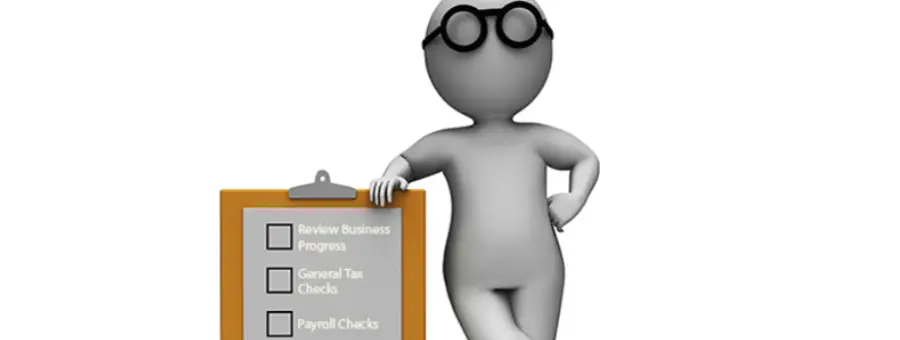
CATEGORIES: People and Performance, Organisational Success
We posted an article previously titled “Why Businesses Fail … It’s The Owner(s)!”. This article lists some deadly sins owners of private businesses make too often, to their own and business detriment. Every rule may have an exception but we would strongly contend that the list below applies to the majority of situations.
- Dealing with large, powerful organisations that can control or bully your business … the government and large corporations. The argument is often mounted that this is a sound opportunity for a privately owned business … “think of the sales and revenue we can make!” In the short term, that may be true. In the longer term, your business can end up seriously and negatively exposed to the power and whim of a beast. Not only that but discussions are usually drawn out, with decisions taking inordinate amounts of time and often delayed through things like restructures, new strategies and senior management changes.
- Selecting staff by yourself, without genuine input from others. A one-person selection process is seriously flawed. It is too prone to be impacted by likeability, the need to employ someone to fill a gap now or haste, and has a narrower skill base than having more people involved.
- Withdrawing too much cash from the business, for personal or another business use. Whilst it is entirely the owners’ right to withdraw cash from the business (unless it renders the business incapable of meeting its debts) it is not sound business to do so at any significant level to fund personal expenditure or expenditure on another business. A business must be allowed to operate in its own right without such a constraint or impact on its cash flow.
- Over or underpaying yourself compared to commercial remuneration for the role performed. Doing this distorts the profitability of the business, and therefore proper judgement and decisions. Also, if and when the business is put up for sale (or any part of its equity), adjustments will be made retrospectively to move the owners’ remuneration to be in line with an appropriately commercial level. That’s not a big problem but it can also lead to more in-depth scrutiny of other costs and figures in the financial statements.
- Taking inadequate advice from people outside the business, who have expertise. Any business owner who only relies on his/her own expertise and ideas to run the business limits its potential because no one knows it all. Further, only taking advice from people within the business is not enough … they are conflicted in some situations, they will lack expertise in others and they lack objectivity.
- Doing too much yourself and/or owning most problems. This is a natural tendency for owners, of course, but it does not work. It will grind you down, stress you out and restrict your ability to productively grow the business.
- Employing family or friends. This is simply too subjective. It can (and often does) compromise selection, performance management and remuneration. It can also negatively impact relationships and make things awkward for non-family and non-personal friends within the business.
If, as an owner, you are committing any of the deadly sins above, you may want to consider the impacts you are having on your business, yourself and your people. This article is designed to help, not to criticise. The lot of an owner is a difficult one. Sometimes a jolt, such as may come from the list above, can help … but that would only happen if the list is addressed objectively.
Previous Newsletter Articles
Business Tips
HR Information
Contact Us
1300 022 270
enquiries@myabbs.com.au






